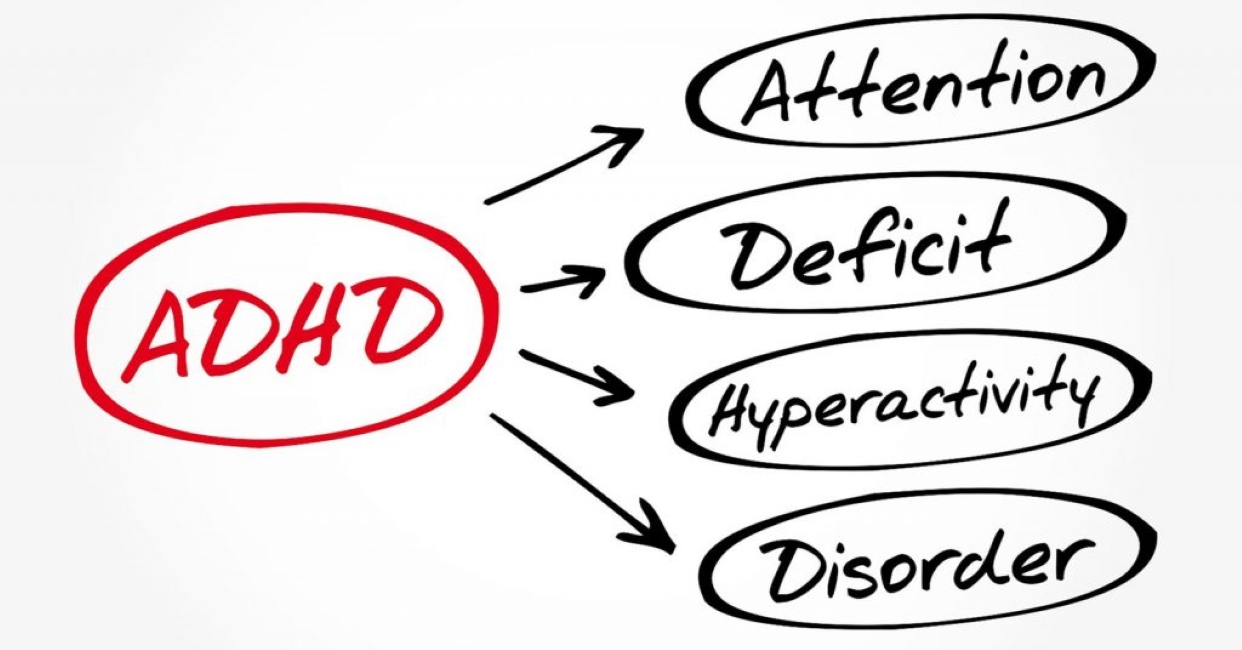
Help for ADHD: A Complete Guide to Managing Attention Deficit Hyperactivity Disorder
Help for ADHD
Living with ADHD (Attention Deficit Hyperactivity Disorder) isn’t always easy, but with the right help and guidance, managing it becomes entirely possible. Whether you or your loved one is navigating life with ADHD, you’re not alone—and that’s where Cordial Psychiatry comes in. Located in Yonkers, NY, our clinic specializes in comprehensive, compassionate mental health care for individuals struggling with, we help for ADHD.
Understanding ADHD
What Is ADHD?
ADHD is a neurodevelopmental disorder that affects how a person pays attention, stays organized, and controls impulses. It’s one of the most common mental health conditions in children and often continues into adulthood.
Types of ADHD
There are three types of ADHD:
-
Inattentive Type: Trouble staying focused, frequent careless mistakes, forgetfulness.
-
Hyperactive-Impulsive Type: Fidgeting, constant movement, difficulty waiting for turns.
-
Combined Type: A mix of inattentiveness and hyperactivity/impulsivity.
Common Symptoms in Children and Adults
Symptoms in children often include running/climbing inappropriately, not listening, and blurting out answers. Adults, on the other hand, may struggle with poor time management, restlessness, and difficulty maintaining relationships or employment.
Causes and Risk Factors
Genetic Influences
ADHD tends to run in families. If one or both parents have ADHD, their children are more likely to have it too.
Environmental Triggers
Factors such as exposure to lead, smoking during pregnancy, or premature birth may increase the risk of developing ADHD.
Brain Structure and Function
Research shows differences in brain structure and neurotransmitter levels in individuals with ADHD, especially in areas responsible for attention and impulse control.
Diagnosing ADHD
How ADHD is Diagnosed
There’s no single test for ADHD. Diagnosis is made through evaluations, interviews, behavior checklists, and reports from teachers or family members.
The Role of Mental Health Clinics
Clinics like Cordial Psychiatry play a key role in providing accurate diagnoses through clinical assessments and psychological testing.
Importance of Early Detection
Catching ADHD early allows for interventions that improve school performance, emotional regulation, and social development.
Treatment Options for ADHD
Medication Management
Medication can be life-changing for those with ADHD.
Stimulants vs. Non-Stimulants
-
Stimulants (like Adderall and Ritalin) are the most commonly prescribed and work by boosting dopamine levels.
-
Non-stimulants (like Strattera) may be better for those who can’t tolerate stimulants or have a history of substance misuse.
Behavioral Therapy
Teaches strategies to reduce disruptive behaviors and promote positive habits.
Counseling and Coaching
Helps patients process emotions and set goals while improving self-awareness and problem-solving.
Lifestyle Changes and Coping Skills
Routine, exercise, sleep hygiene, and time management can significantly reduce ADHD symptoms.
ADHD in Different Life Stages
ADHD in Children
Often first noticed by teachers. Early support can set the stage for long-term success.
ADHD in Teenagers
Comes with academic pressure and social challenges. Therapy can help teens build confidence and coping skills.
ADHD in Adults
Often misdiagnosed or overlooked. Adults may experience chronic disorganization, impulsiveness, or poor concentration.
Women and ADHD: Often Misdiagnosed
Women are more likely to have inattentive symptoms and be misdiagnosed with anxiety or depression.
Living with ADHD
Managing Daily Life
Simple systems, like color-coded calendars or to-do apps, can make a big difference.
Navigating School and Work
Accommodations such as extra time on tests or flexible deadlines help level the playing field.
Social Relationships and Communication
ADHD can strain relationships due to forgetfulness or impulsive behavior, but with insight and effort, relationships can flourish.
How Cordial Psychiatry Helps with ADHD
Our ADHD Treatment Approach
At Cordial Psychiatry, we use evidence-based methods tailored to your unique symptoms and lifestyle.
Personalized Care Plans
We combine medication, therapy, and education to create a custom plan that works for you.
Why Choose Cordial Psychiatry?
-
Experienced professionals
-
Individualized attention
-
Supportive, judgment-free care
-
Local accessibility in Yonkers, NY
📍 Address: 45 Ludlow St Ste 402, Yonkers, NY 10705
🌐 Website: cordialpsychiatry.com
📞 Phone: +1 914 570 9000
Tips for Parents and Caregivers
Supporting Your Child with ADHD
Patience and consistency are key. Create structure, reward positive behavior, and avoid harsh discipline.
Collaborating with Schools and Teachers
Partner with educators to develop IEPs or 504 plans tailored to your child’s needs.
Tools and Resources
Books, Apps, and Online Support
-
Books: “Driven to Distraction” by Dr. Edward Hallowell
-
Apps: Todoist, Headspace, Forest
-
Websites: CHADD.org, ADDitude Magazine
Community Support Groups
Connecting with others can reduce isolation and provide shared tips and encouragement.
Myths and Misconceptions About ADHD
-
“ADHD isn’t real.” Wrong. The CDC, APA, and WHO recognize it.
-
“Only kids have it.” ADHD continues into adulthood in most cases.
-
“People with ADHD are lazy.” ADHD is not a matter of willpower—it’s a brain-based disorder.
Conclusion
ADHD can present unique challenges, but with the right support, it’s manageable. Whether you’re a parent, a student, or an adult dealing with its symptoms, you’re not alone—and you don’t have to figure it out by yourself. At Cordial Psychiatry, we’re here to walk with you every step of the way, offering real solutions for real lives.
FAQs
Can ADHD be cured?
No, but it can be effectively managed with the right treatment, including medication and behavioral therapy.
Is ADHD a learning disability?
No, but it can interfere with learning due to focus and attention issues.
How long does ADHD treatment take to work?
Medication effects can be felt within days, while therapy may take several weeks to months for noticeable improvements.
What happens if ADHD is left untreated?
It can lead to difficulties in education, work, relationships, and increase the risk of anxiety and depression.
Does diet affect ADHD symptoms?
Yes, some evidence suggests that sugar, food dyes, and nutritional deficiencies may influence symptoms.

